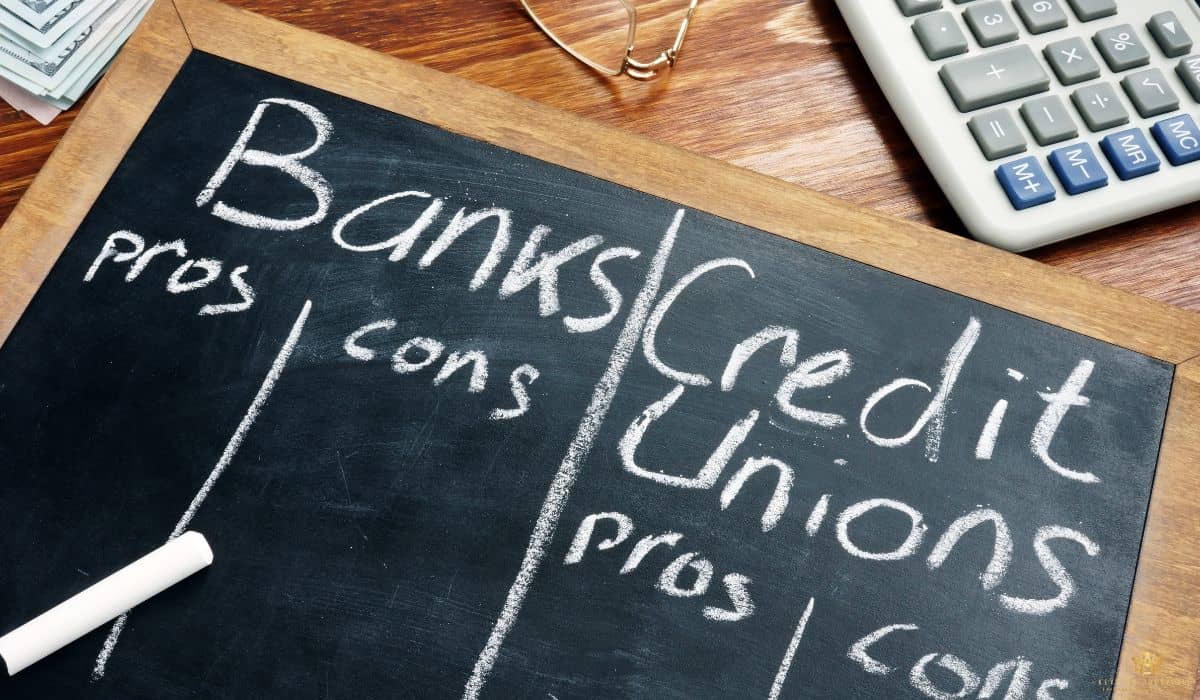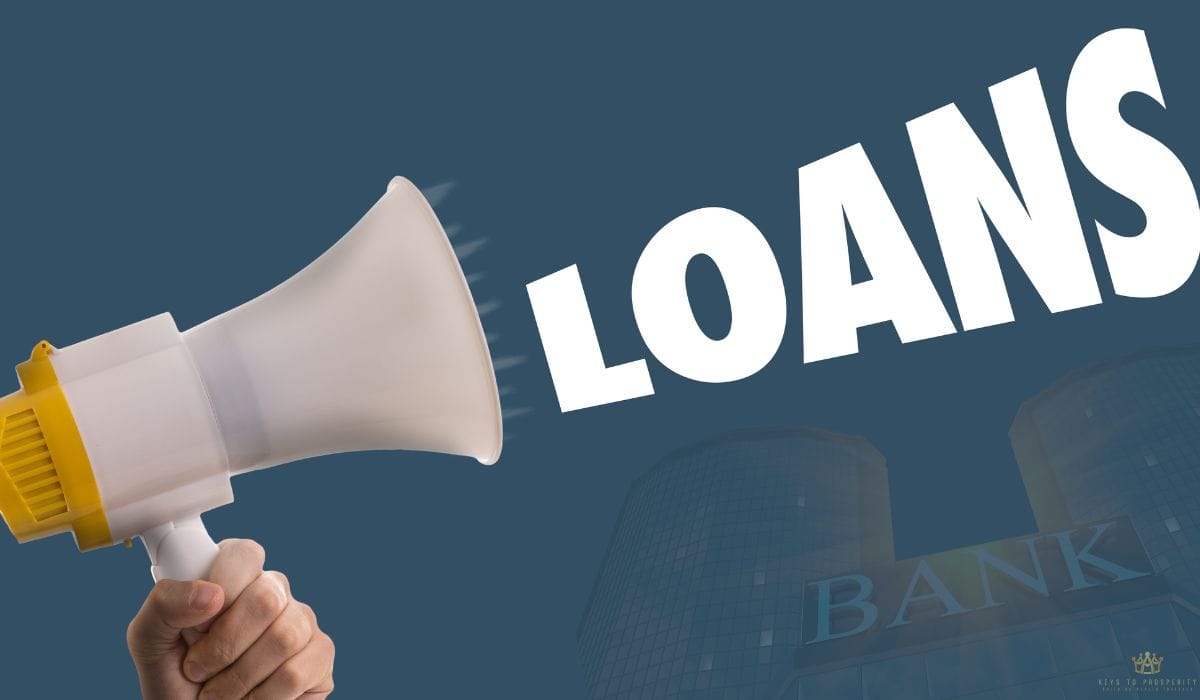Thinking about financing a rental property? Well, you’re in the right place! One thing, though: Conventional loans for investment properties come with their own set of rules, and they’re not quite as lenient as loans for primary residences.
From our experience, lenders typically ask for a larger down payment, usually in the 15% to 25% range. That’s quite a jump from the 3% you might see with owner-occupied homes. Why the gap?
It all comes down to risk: Investment properties are viewed as a bigger gamble by lenders, so they tighten the terms to balance things out.
In this guide, we’ll walk through what a conventional loan for investment property looks like in 2025.
You’ll learn about eligibility requirements, credit scores, down payments, and how to compare options like private money loans, hard money loans, and other investment property financing solutions.
This article gives you a clear, easy-to-follow breakdown to help you move forward with confidence, whether you’re a first-timer trying to make sense of it all or an experienced investor comparing rates.
If you’re coming from our post on 20 year commercial mortgage rates, you’re already a step ahead. Up next, we’ll answer the common question: what type of loan is best for investment property.
And if you’re mapping out the bigger picture of commercial real estate bank loans, make sure to bookmark our pillar guide, too.
Short Summary
- A conventional loan for investment property typically requires 15–25% down and stronger borrower qualifications than primary residence loans.
- Loan guidelines are set by Fannie Mae and Freddie Mac, covering single family homes, multi unit property (up to four units), and vacation homes.
- Lenders evaluate credit score, debt to income ratio, anticipated rental income, and cash reserves.
- Interest rates for investment properties tend to be 0.5%–0.75% higher than those for primary residences.
- Investment property financing options include conventional loans, private money loans, hard money loans, and jumbo loans for high-cost markets.
- Building equity, managing rental properties, and choosing the right mortgage options help investors reach long-term wealth goals.
Understanding Conventional Loan For Investment Property Basics
Before jumping into an offer, it’s important to understand how a conventional loan for investment property actually works.
These aren’t your typical home loans, and lenders set a higher bar when you’re financing income-generating properties. Below, we break down the essentials so you know what to expect.
What Is A Conventional Loan—And How It Applies To Investment Properties
A conventional loan is simply a mortgage that isn’t insured by the government. It’s backed by private lenders and often meets guidelines set by Fannie Mae or Freddie Mac.
For investment properties, that means more documentation, tighter credit rules, and bigger down payment expectations.
We’ve seen cases where buyers thought they could get in with 5% down like they did on their primary residence loans, only to find out they needed 20% or more for their rental properties. These loans are designed for properties you won’t live in, so lenders hedge their risk accordingly.
Eligible Property Types: Stick To The Basics
You can use conventional loans for a range of property types like:
- Single family homes
- Multi unit property (up to four units)
- Vacation homes
If you’re buying a multi unit property and plan to live in one of the units, some lenders might offer more favorable terms. But if it’s strictly for renting out, expect the full investor treatment.
Key Differences From Government-Backed Programs
Compared to VA loans or the Federal Housing Administration, conventional mortgages give you fewer breaks. No zero-down options. No lenient credit standards.
For example, we’ve seen borrowers with a 660 credit score qualify for FHA, but get turned down on a conventional loan for investment property.
The trade-off? More flexible terms and fewer restrictions once you qualify.
Fixed Rate Mortgages Vs Adjustable Rate Options
You’ve got choices. Many opt for fixed rate mortgages to lock in costs, especially in today’s unpredictable mortgage market. Others, especially experienced investors, go for ARMs to score lower starting rates, then refinance later.
A quick note: interest rates on these loans are typically 0.5% to 0.75% higher than for primary residences, so it pays to compare options from conventional lenders carefully.
Investment Property Financing Requirements And Qualification
Getting approved for a conventional loan for investment property means jumping through more hoops than a standard home loan. Lenders want proof that you’re financially solid, especially since you won’t be living in the property yourself. Here’s what they usually look for.
Credit Score And Borrower Standards
Lenders typically want to see a credit score of at least 680 for investment property loans, though 700+ gives you better odds and competitive interest rates. Anything lower and you may need to explore private money loans or hard money loans.
For example, an investor with multiple income generating properties and a score of 720 would likely qualify for better loan terms than someone barely meeting the minimum.
It’s not just the score—they’ll also look at your financial profile and how you’ve handled other loans for investment properties in the past.
Down Payment And Cash Requirements
Be ready to put more money down. Most conventional lenders require a down payment of 20% to 25%, depending on your credit, property type, and loan size. That’s a step up from the small percentages allowed on primary residence loans.
On top of that, expect to show cash reserves. These are funds set aside, usually enough to cover 2 to 6 months of mortgage payments, in case your rental income doesn’t immediately flow in.
Debt-To-Income Ratio And Rental Income Calculations
Your debt to income ratio (DTI) is another big deal. Lenders use it to measure how much of your income goes toward debt. But here’s the twist: they’ll factor in anticipated rental income, though only about 75% of it usually counts.
Let’s say the unit brings in $2,000 monthly. Only $1,500 might be used in your DTI calculation. So even if you’ve got solid rental potential, it won’t all work in your favor on paper.
Income Verification And Documentation
You’ll need to show solid proof of qualifying income. That means W-2s, tax returns, and bank statements. No shortcuts here! For the self-employed, expect to share business returns and additional records, especially if you’ve got other investment properties.
Many borrowers get delayed just because one document didn’t line up, so double-check your paperwork before submitting anything.
Comparing Investment Property Loans And Interest Rates
Choosing the right financing option can make or break your investment. Let’s take a look at how different investment property loans stack up, what kind of interest rates to expect, and how to find the most competitive rates from conventional lenders.
Conventional Vs Hard Money And Private Money Loans
When timing isn’t an issue and your credit is solid, conventional loans are usually the most affordable long-term option. But they come with stricter requirements.
On the other hand:
- Hard money loans are fast and flexible but come with much higher interest rates, often in the double digits.
- Private money loans offer more flexibility, especially when dealing with non-traditional assets or a unique real estate investment strategy.
Let’s say an investor needs funding quickly to close on a distressed property. A private money loan might be the only way to secure the deal, even if it means paying more up front.
Interest Rates And How They Compare
Conventional mortgages for investment properties typically have rates that are 0.5% to 0.75% higher than loans for primary residences. So, if owner-occupied loans are going for 6%, expect something closer to 6.5% or higher.
Lenders consider investment properties riskier, so the premium is built into the rate. It’s worth shopping around and comparing offers from multiple conventional lenders to find the best deal.
Jumbo Loans For High Cost Areas
Buying in a pricey market? You might need a jumbo loan. These cover high cost areas where home values exceed standard loan limits. Just note that higher loan limits usually come with stricter underwriting, higher down payment requirements, and slightly higher interest rates.
Cash-Out Refinance Options For Portfolio Growth
Already own rental units? A cash out refinance lets you tap into existing equity from your investment portfolio to fund your next purchase.
We’ve seen examples where pulling $100K from one property allowed an investor to put 20% down on two more income generating properties.
Used wisely, refinancing can accelerate portfolio growth without taking on high-cost debt.
Next, we’ll go over how to make the most of your investment property mortgage, from property management to tax strategy and long-term wealth building.
Maximizing Success With Your Investment Property Mortgage
Success with a conventional loan for investment property doesn’t stop at closing. Smart planning, good management, and the right strategies can help investors build real wealth and steady passive income.
Strategies For Purchasing And Building Equity
Getting a good deal upfront makes a big difference. That could mean:
- Buying under-market value and adding improvements to boost property worth.
- Focusing on multi unit property (up to four units) to maximize rental potential.
- Using a cash out refinance to fund the next purchase without dipping into personal savings.
For example, a first-time investor might purchase a single family home, fix it up, and rent it at market rates to quickly build equity.
Managing Rental Income And Property Managers
Reliable cash flow depends on solid tenant management. You can either handle it yourself or bring in a property manager to reduce stress and improve efficiency.
Tips we’ve seen work:
- Always screen tenants thoroughly: credit, income, and references.
- Set clear lease terms and maintain the property regularly.
- Track rental income monthly to spot issues before they snowball.
Working with the right property manager often pays for itself by keeping units filled and reducing turnover.
Tax Benefits And Passive Income Optimization
Real estate investors enjoy some serious tax perks. Some examples include:
- Depreciation write-offs on rental properties.
- Mortgage interest and operating expense deductions.
- Capital gains deferral using 1031 exchanges.
These benefits help you lower tax liability and increase your passive income, especially when investing in vacation homes that double as short-term rentals.
Long-Term Wealth Building
Over time, investment properties can become key components of a larger investment portfolio. Equity builds. Rents rise. And your initial down payment turns into multiple income generating properties.
Adding a vacation rental or two to the mix can also diversify income streams and create opportunities for personal use.
Choosing The Right Mortgage For Your Goals
No single loan type fits everyone. Think through:
- Do you want fixed rate mortgages for stability?
- Would an adjustable rate work if you plan to sell in five years?
- Are flexible terms more important than a lower rate?
Matching your mortgage to your long-term vision is the final piece of the puzzle. The right fit supports cash flow, minimizes risk, and helps you scale smartly.
Final Thoughts
Getting approved for a conventional loan for investment property isn’t complicated once you understand what lenders look for. Strong credit, steady income, and enough cash reserves go a long way.
From choosing the right loan type to managing rental income and planning your next move, small steps make a big impact. Take what fits your goals and use it to build smarter.If you’re ready to take the next step in real estate investing, explore more tips and tools on our homepage. It’s all there to help you move forward with confidence.
Frequently Asked Questions
What Credit Score Is Needed For A Conventional Loan On An Investment Property?
Most lenders prefer a credit score of 680 or higher, though some may allow 620 with stricter terms. A higher score usually unlocks better interest rates and loan terms.
How Much Down Payment Is Required?
Expect to put down at least 15%, but 20–25% is more common. A larger down payment improves your chances of approval and may lower your rate.
Can Rental Income Help Me Qualify For The Loan?
Yes, lenders often consider up to 75% of the anticipated rental income when calculating your debt to income ratio. You’ll need to document projected income with a lease or market rent analysis.
Are There Limits On The Type Of Property I Can Finance?
Yes, conventional loans cover up to four unit properties, including single family homes, duplexes, and vacation homes. Anything beyond four units typically requires commercial real estate bank loans or other financing options.






